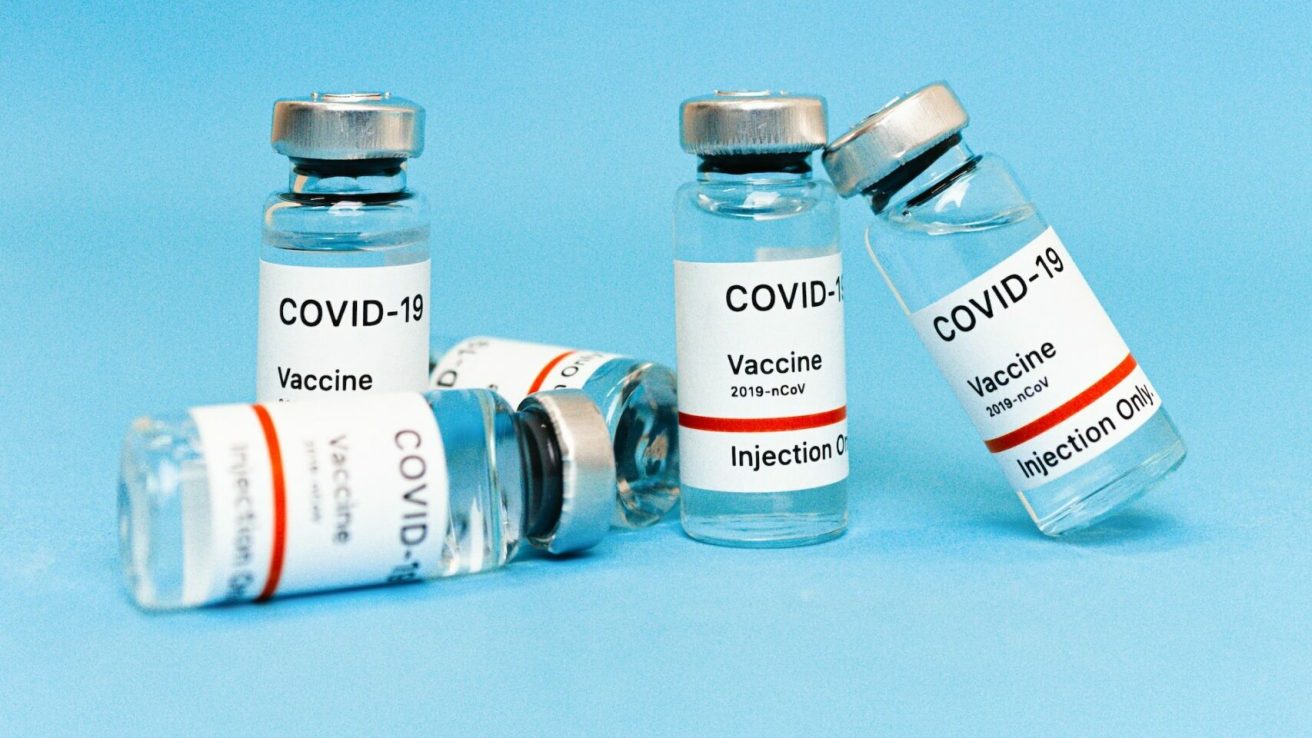A recent study investigated the safety of inactivated SARS-CoV-2 vaccines among patients diagnosed with central nervous system inflammatory demyelinating diseases. The research aimed to provide clarity as to whether the vaccine poses any risks or side effects for this specific patient group.
- The response of patients with central nervous system inflammatory demyelinating diseases to SARS-CoV-2 vaccines has not been thoroughly studied.
- This study found that vaccination did not significantly increase the risk of disease relapses.
- There are demographic and clinical differences between vaccinated and non-vaccinated patients.
Central nervous system inflammatory demyelinating diseases (CNS IDDs) are a group of autoimmune disorders that include conditions like multiple sclerosis (MS) and neuromyelitis optica spectrum disorder (NMOSD). Past research indicated potential risks associated with vaccination and disease relapse in untreated NMOSD patients. However, with the onset of the COVID-19 pandemic, understanding the safety of SARS-CoV-2 vaccines for CNS IDD patients has become imperative.
Evaluating Vaccine Safety in CNS IDD Patients
One recent study, published in the journal Vaccine: X, conducted a cross-sectional survey on 645 patients diagnosed with CNS IDDs in China. The study aimed to evaluate potential relapses or other side effects within 30 days of receiving inactivated COVID-19 vaccines. Out of the total, 78 were vaccinated, and no significant difference in relapse rates was found compared to non-vaccinated patients. Interestingly, a larger proportion of the vaccinated group had a history of other vaccinations in the past 3 years.
Mapping the Future of Vaccine Safety
For healthcare providers, these findings underscore the relative safety of inactivated COVID-19 vaccines for CNS IDD patients, suggesting no increased risk for short-term disease relapses post-vaccination. It was also observed that patients on disease-modifying drugs (DMDs) were somewhat hesitant to get vaccinated, possibly due to concerns about vaccine efficacy and potential interactions. In addition, clinicians should note the possible influence of prior vaccination history and demographic factors, such as urban residence, on a patient’s willingness to receive the COVID-19 vaccine.
Some practical steps clinicians can take to address these findings may include the following:
- Inform CNS IDD patients about the safety of inactivated SARS-CoV-2 vaccines.
- Address concerns, especially among those on DMDs, about vaccine interactions and efficacy.
- Promote health education on COVID-19 vaccination benefits for CNS IDD patients.
Source:
Zhao, D., Zhang, W., Xue, M., Zhao, R., Yao, L., Lu, J., Xu, Y., Bai, M., Zhang, G., Li, H., & Guo, J. (2023). Short-term safety of inactivated SARS-Cov-2 vaccines in Chinese patients with central nervous system inflammatory demyelinating diseases. Vaccine: X, 15, 100388. https://doi.org/10.1016/j.jvacx.2023.100388










